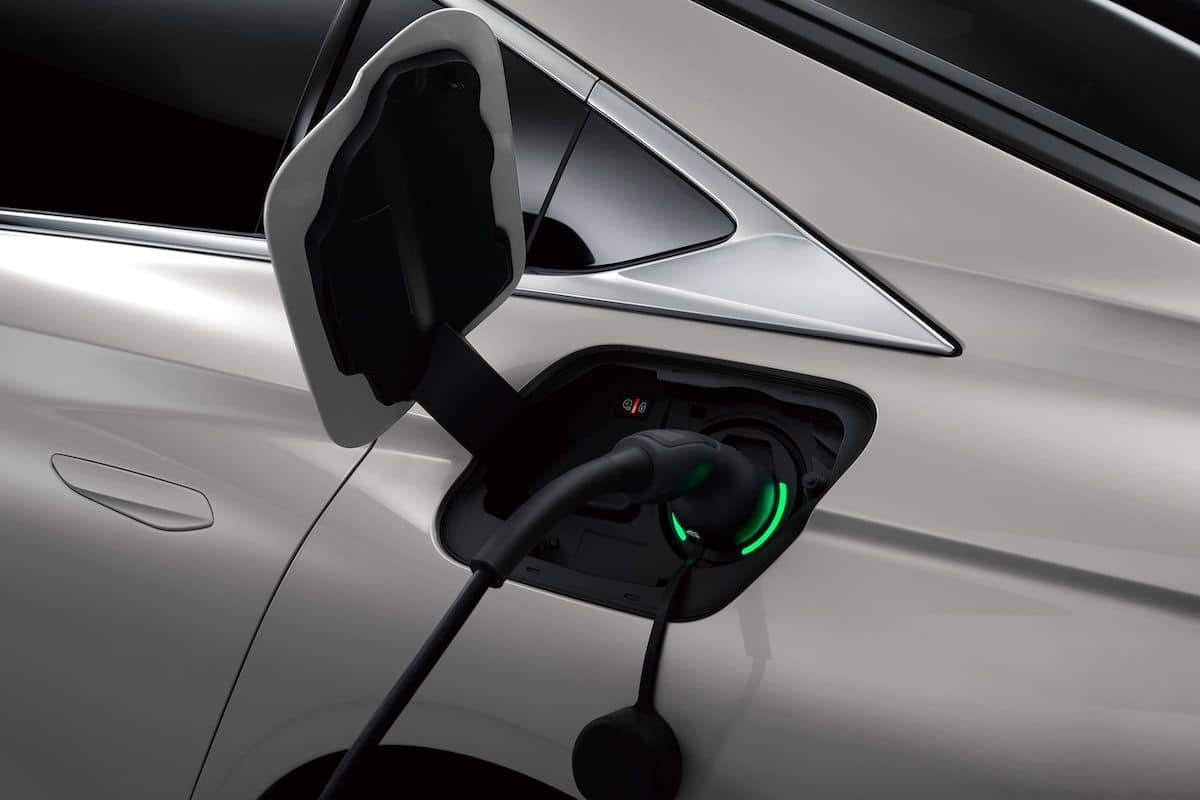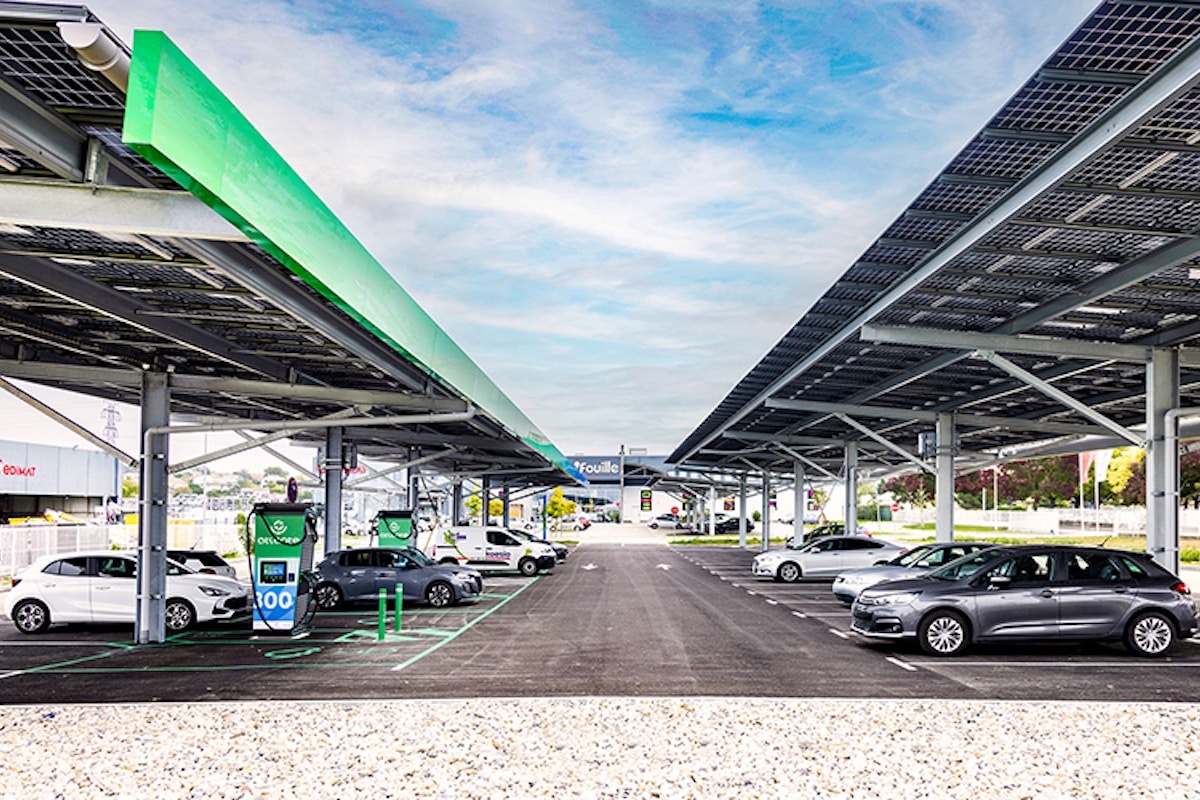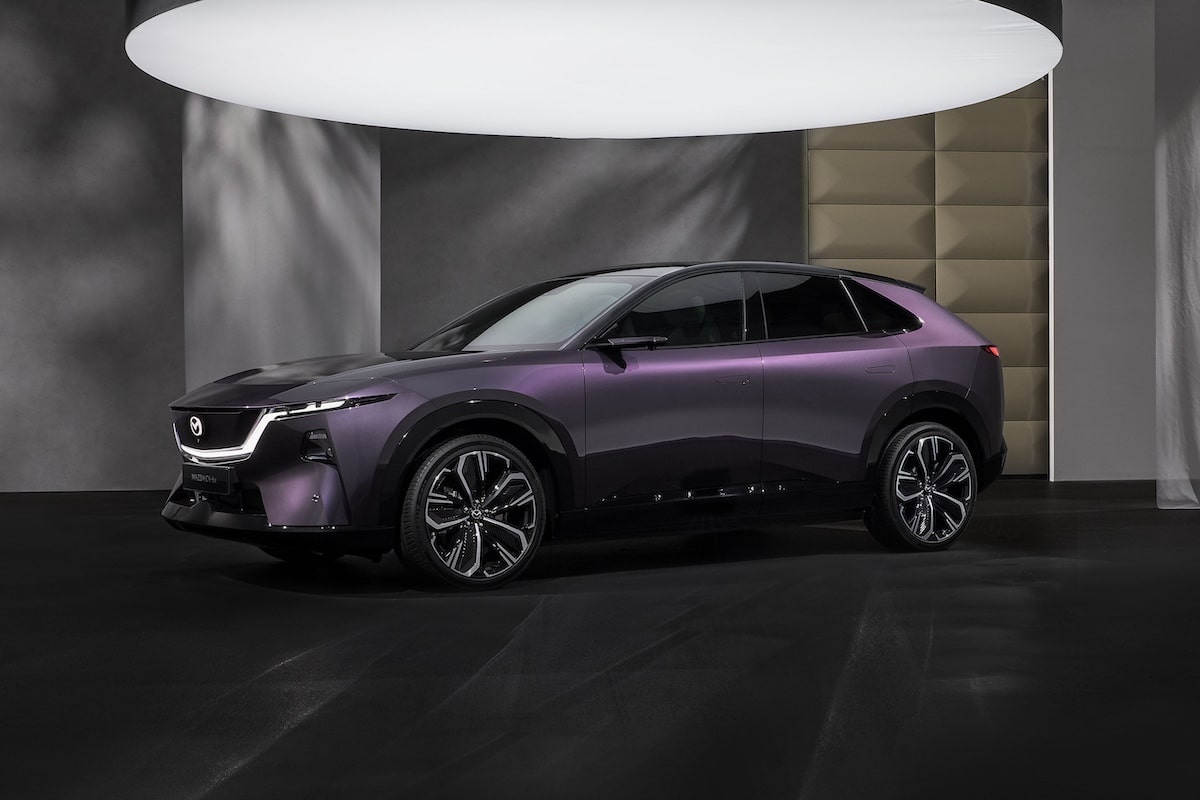How much does it cost to recharge an electric car?

Recharge at home, in a public parking lot, in an urban station or on the highway. As many solutions and as many specific rates.
According to the latest Qovoltis survey, the cost of charging an electric vehicle to travel 100 km ranges between 2.5 euros and 10.6 euros, and the charging time can take less than 5 minutes to nearly 8 hours! We are far from the penny-pinching mentality often associated with thermal cars. The electric revolution naturally involves a change in consumption and usage habits. Here is some information, advice, and tips to support you in this virtuous transition.
Infinite pricing possibilities
An electric vehicle consumes about 18 kWh to travel 100 km. Based on this, the cost of a fast-charging station on the highway is 10.6 euros, compared to 5.30 euros at home. With a smart charger capable of detecting the right moments to recharge (off-peak hours, recharge power optimization, etc.), this “home fill-up” can even drop to 2.50 euros. Although the cost difference is significant, so is the charging time, which is an important factor to consider. Using a standard 220V household socket, it will take about 7h50 to charge 18 kWh, versus 4 minutes 30 seconds with a 250 kW fast charger. With a 7.4 kW home charger, it takes around 2h25, and 50 minutes with a 22 kW home charger.
One piece of advice—unless forced by circumstances, avoid Paris public charging stations, which are a racket comparable to parking fees! A monthly subscription for a parking spot with unlimited charging is the best solution for Parisians living in apartments.
On the highway, prices vary daily based on supply and availability, but fast chargers are generally quite expensive because they are unavoidable. Don’t complain, fuel prices on the highway are similar. For example, an Ionity station charges 39 cents per kWh on 50 kW chargers and 69 cents on 350 kW chargers. A Tesla station charges 36 cents per kWh, but 57 cents per kWh for non-Tesla vehicles. There are ways to reduce your costs if you do a lot of driving, like subscriptions. With a Ionity, Fastned, or TotalEnergies subscription, you can have peace of mind! Just one of these three, plus Tesla’s service, is enough if you regularly travel the same routes on weekends or holidays. Ulys and Chargemap are among those offering multi-provider subscriptions at attractive rates combined with effective apps.
But here is the golden rule to make the most of your electric highway trip. Find a welcoming station along the route, plug in without aiming for 100% recharge, and enjoy the classic Watts/cafe/pee break as many times as needed without stress.
The home charger, by whom and how?
The cost of charging an electric car at home with a 50 kWh battery capacity is around 3.40 euros for 100 km with a wallbox. According to Engie, to travel 100 km, a home recharge costs between 1.34 and 3.70 euros. Specifically, it will be between 2.22 and 3.70 euros during peak hours (depending on charger power and vehicle consumption) and between 1.34 and 2.24 euros during off-peak hours. For the best choice, we strongly recommend consulting your dealer, who can provide the best advice and inform you about eligible assistance programs. All brands now regularly train their sales staff to answer your questions. Customer service is not dead!
Finally, be smart. There are free charging stations available at parking lots and shopping centers, for instance. Some hotels and restaurants also have charging points. You can also ask your employer to provide a socket. But one thing is certain—you shouldn’t rely solely on these stations for daily charging.
This page is translated from the original post "Combien coûte la recharge d’une voiture électrique ?" in French.
We also suggestthese articles:
Also read







